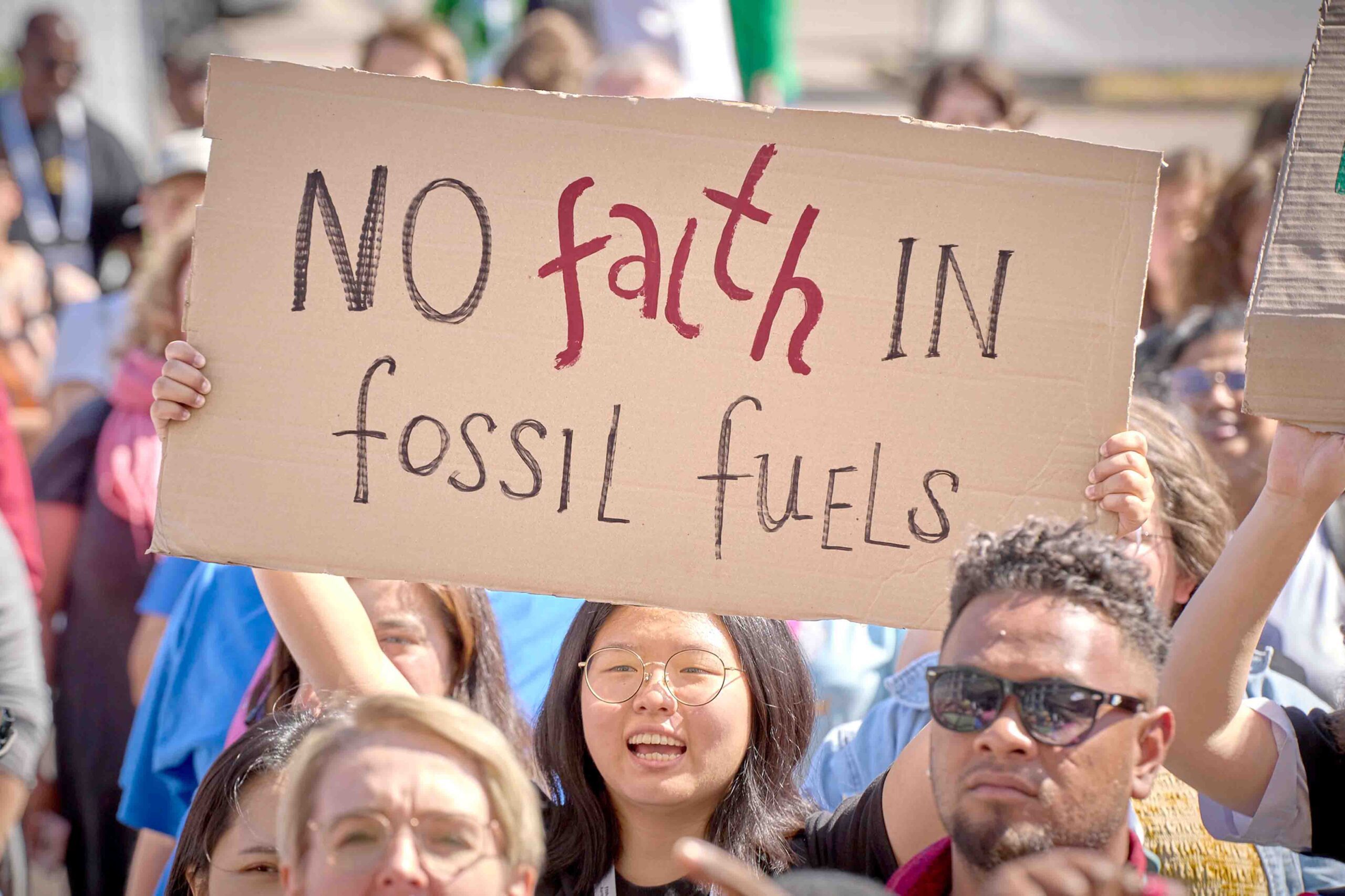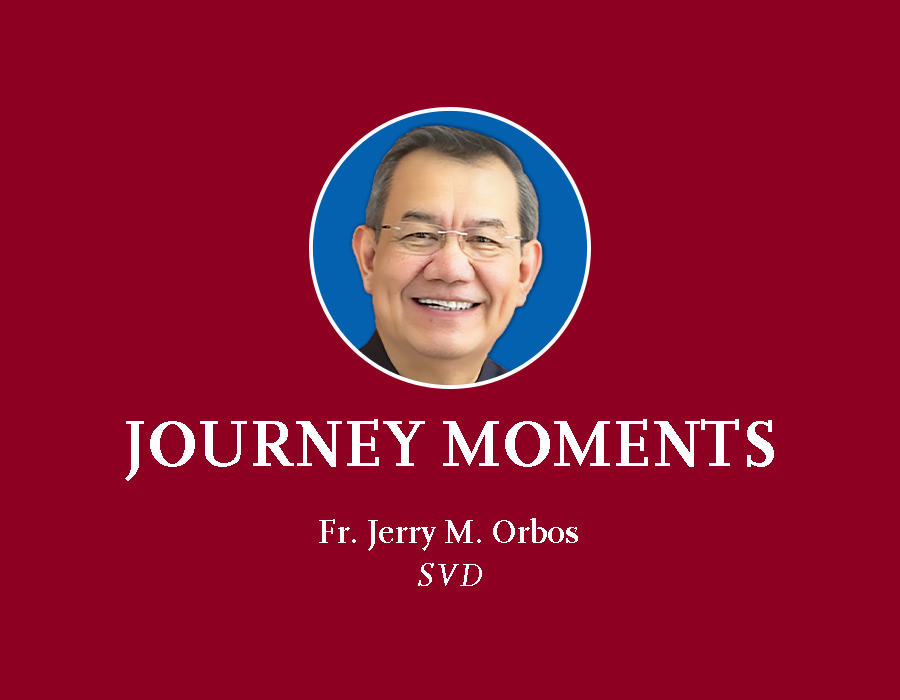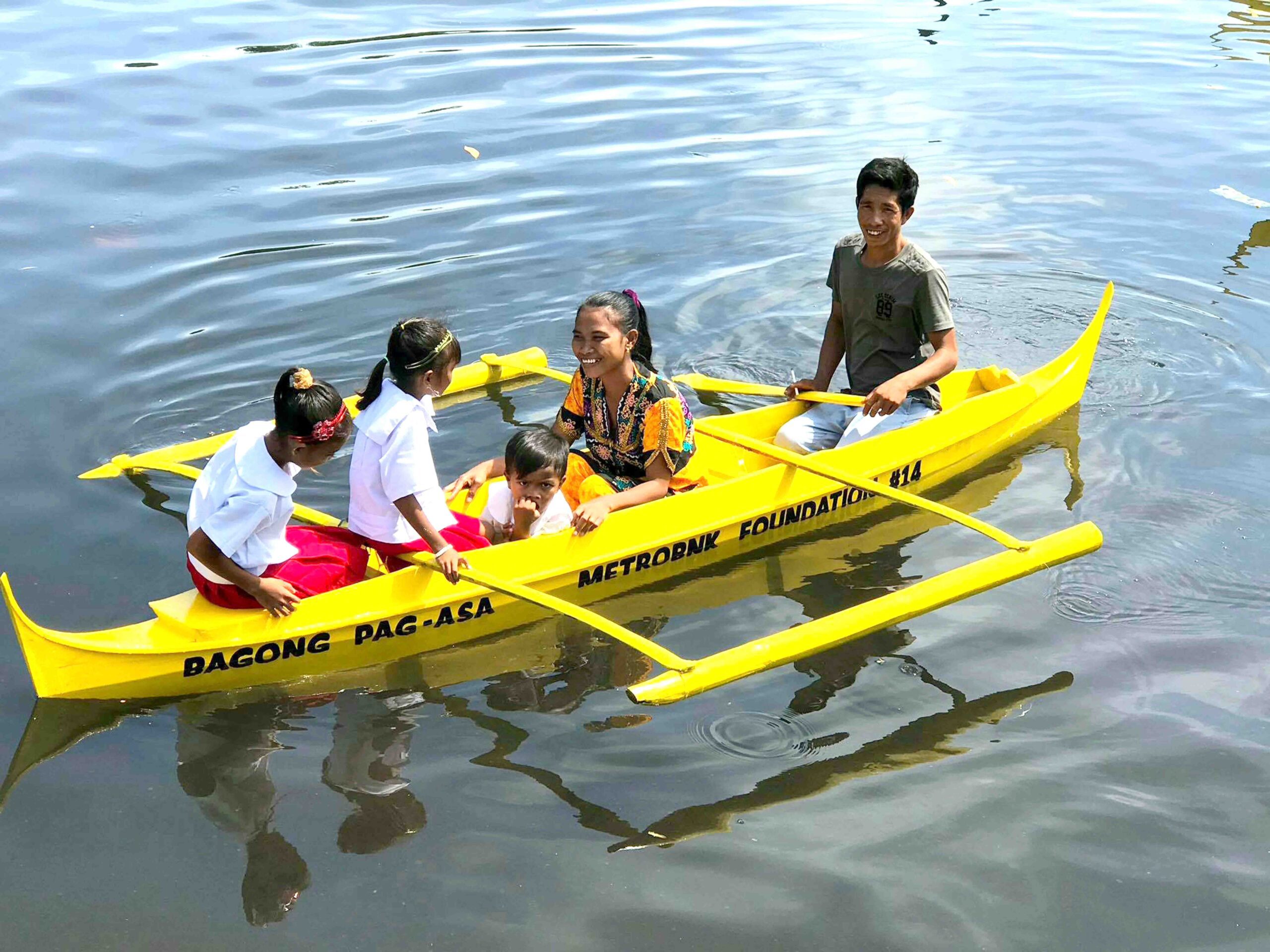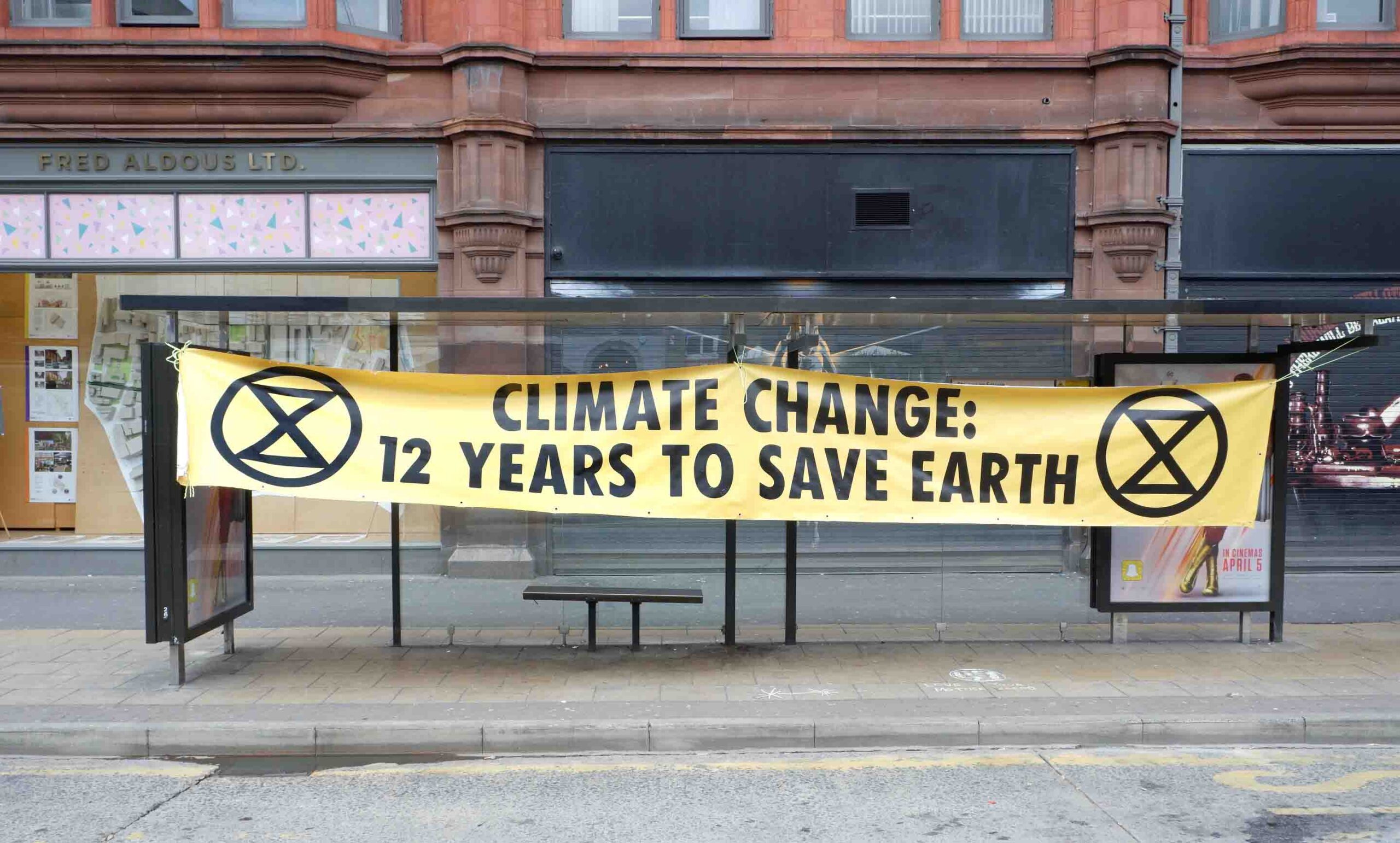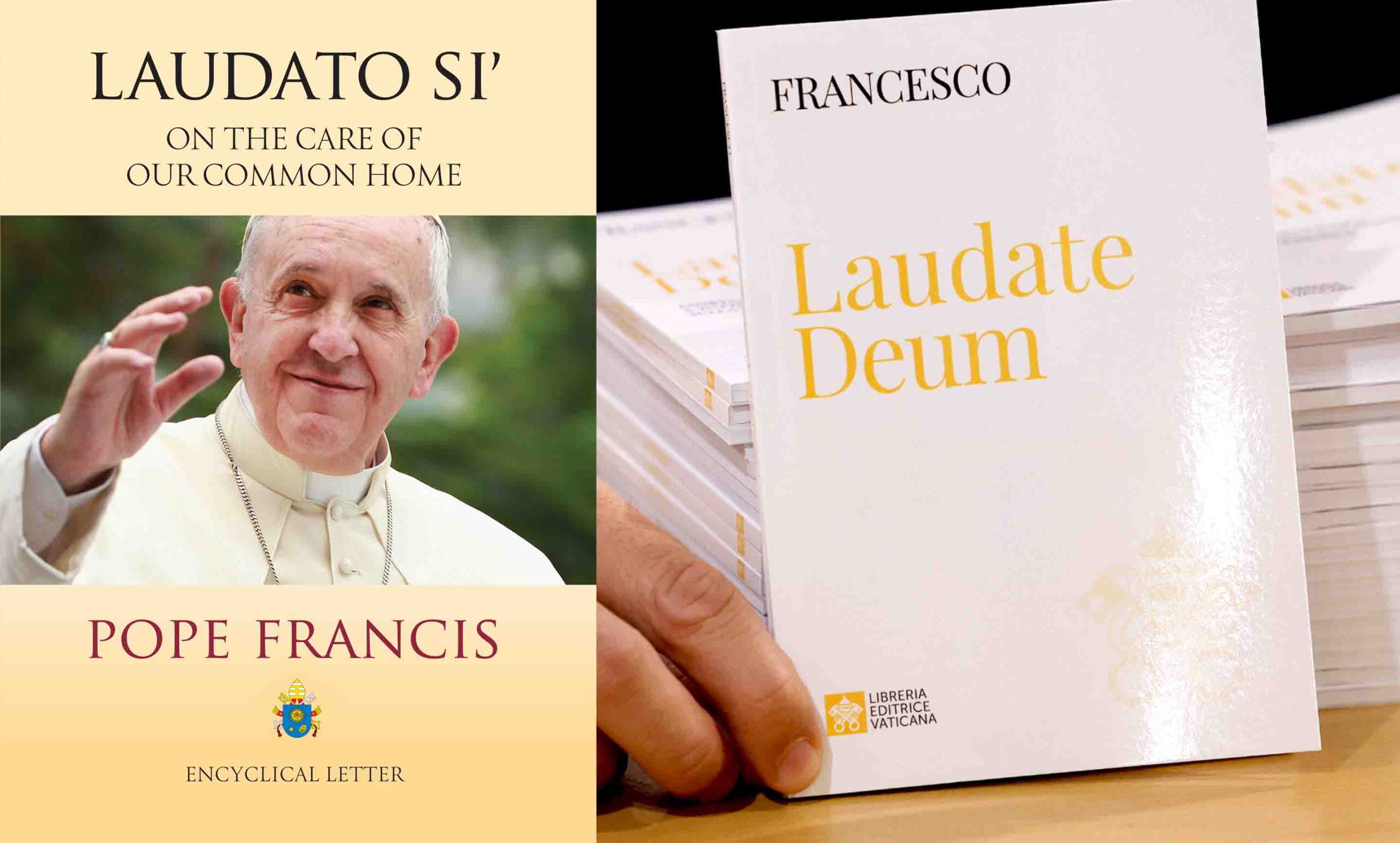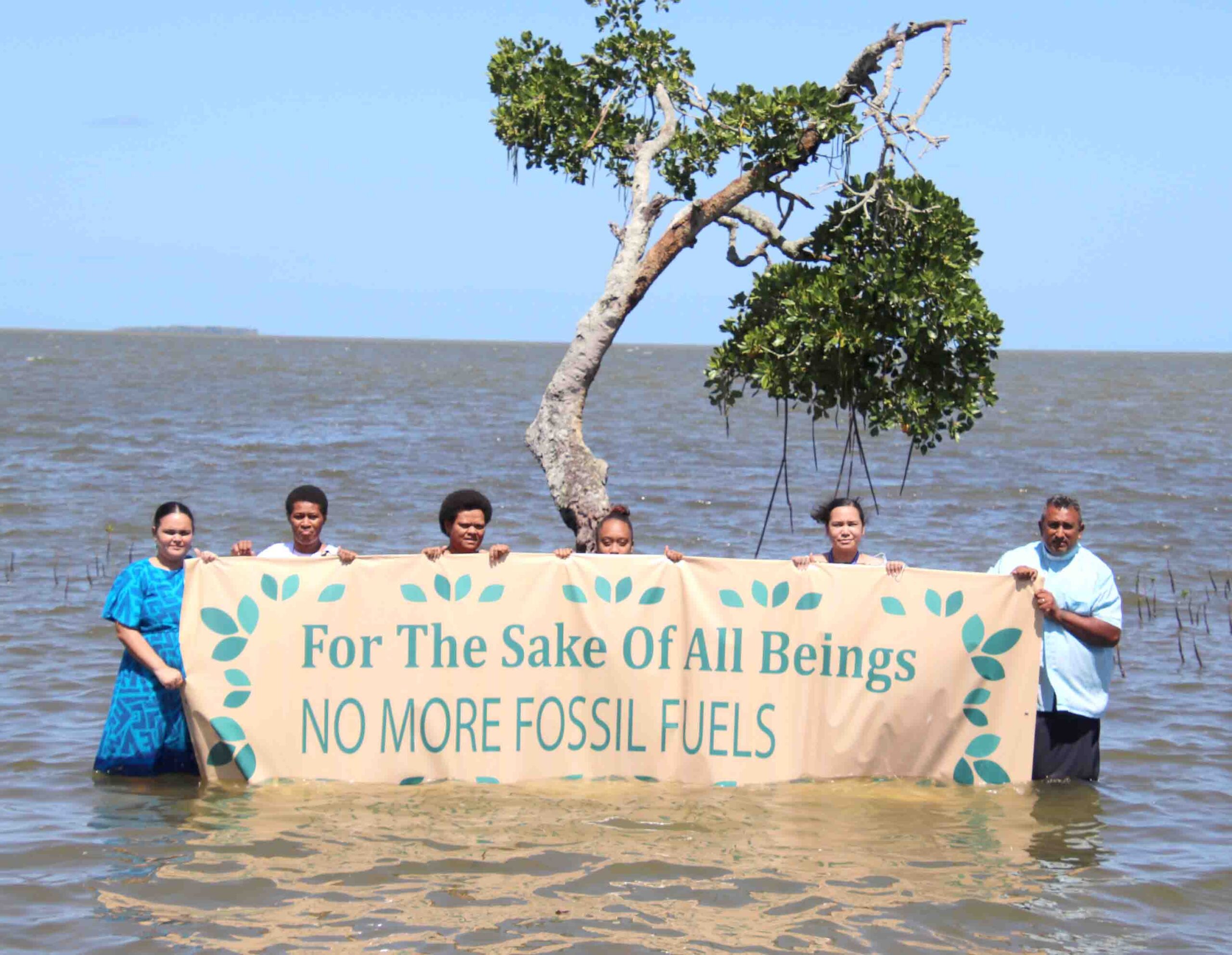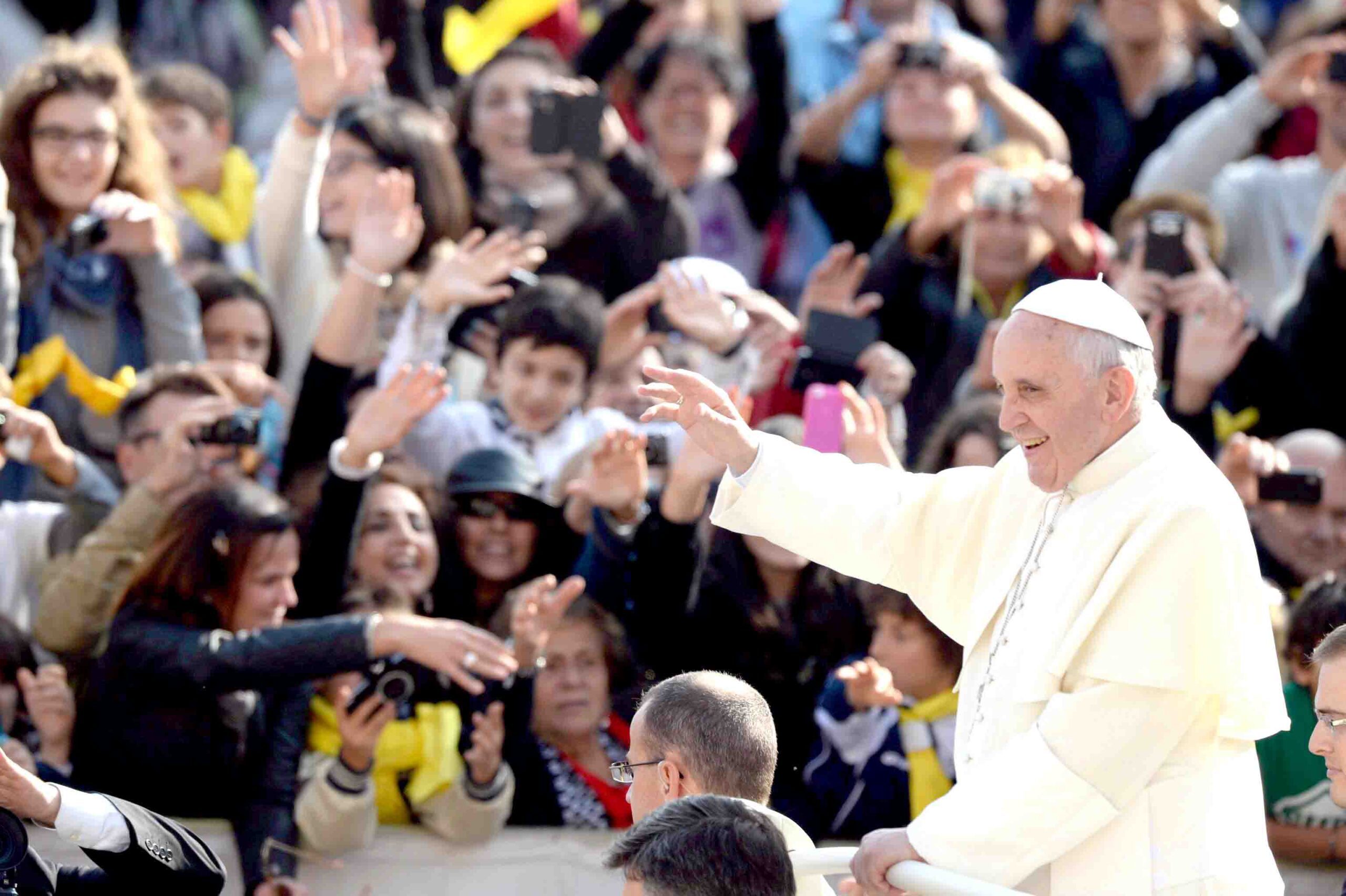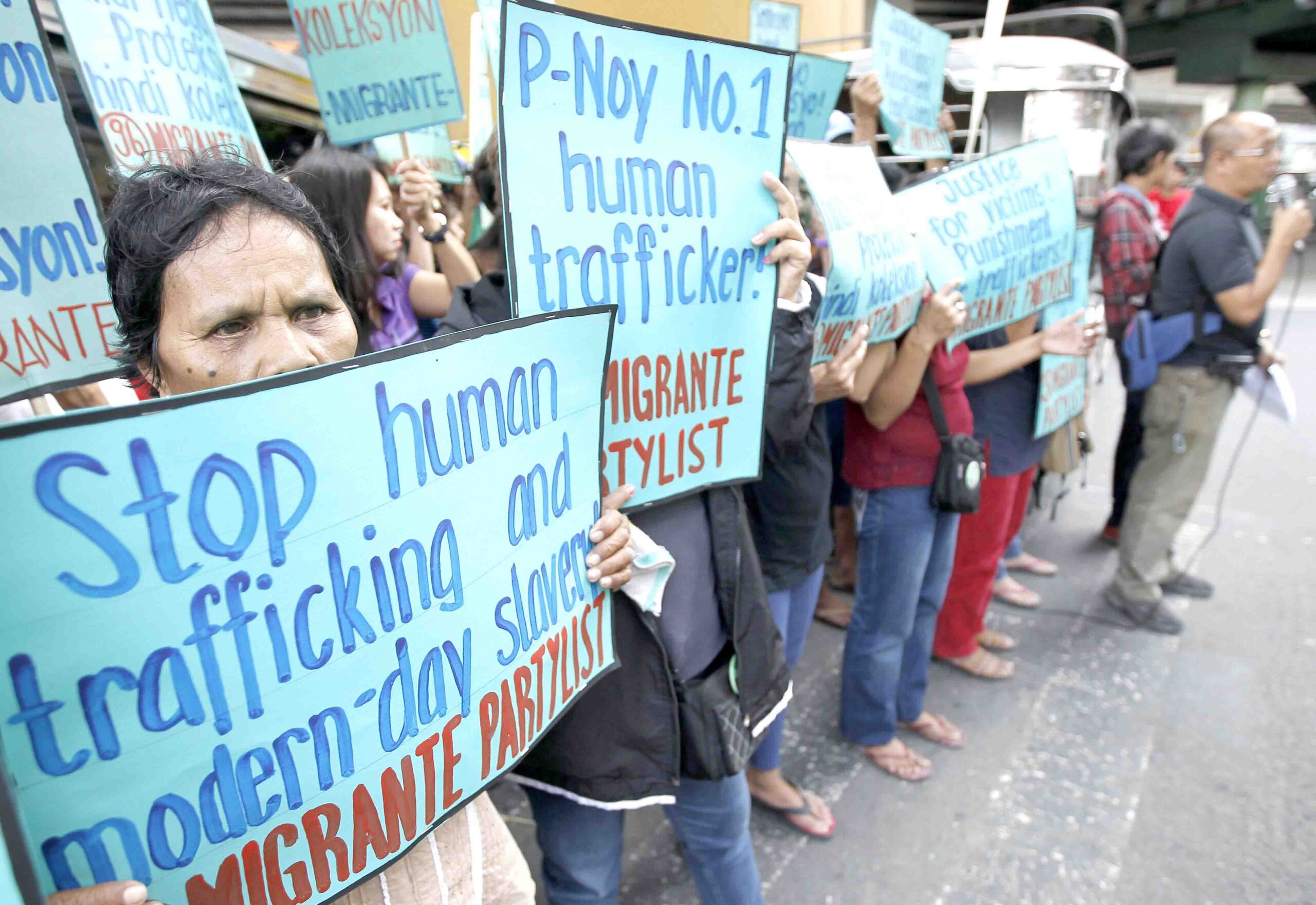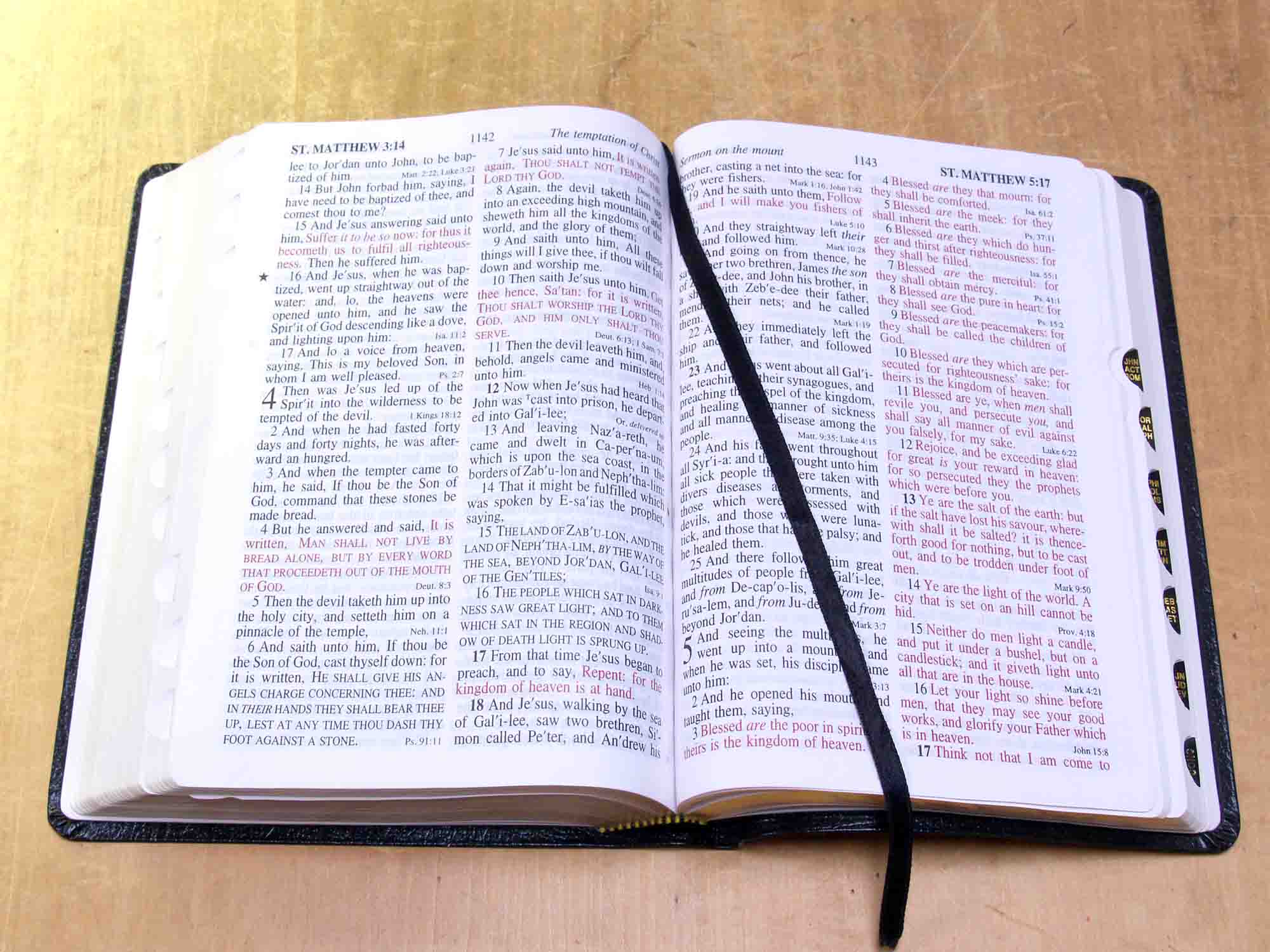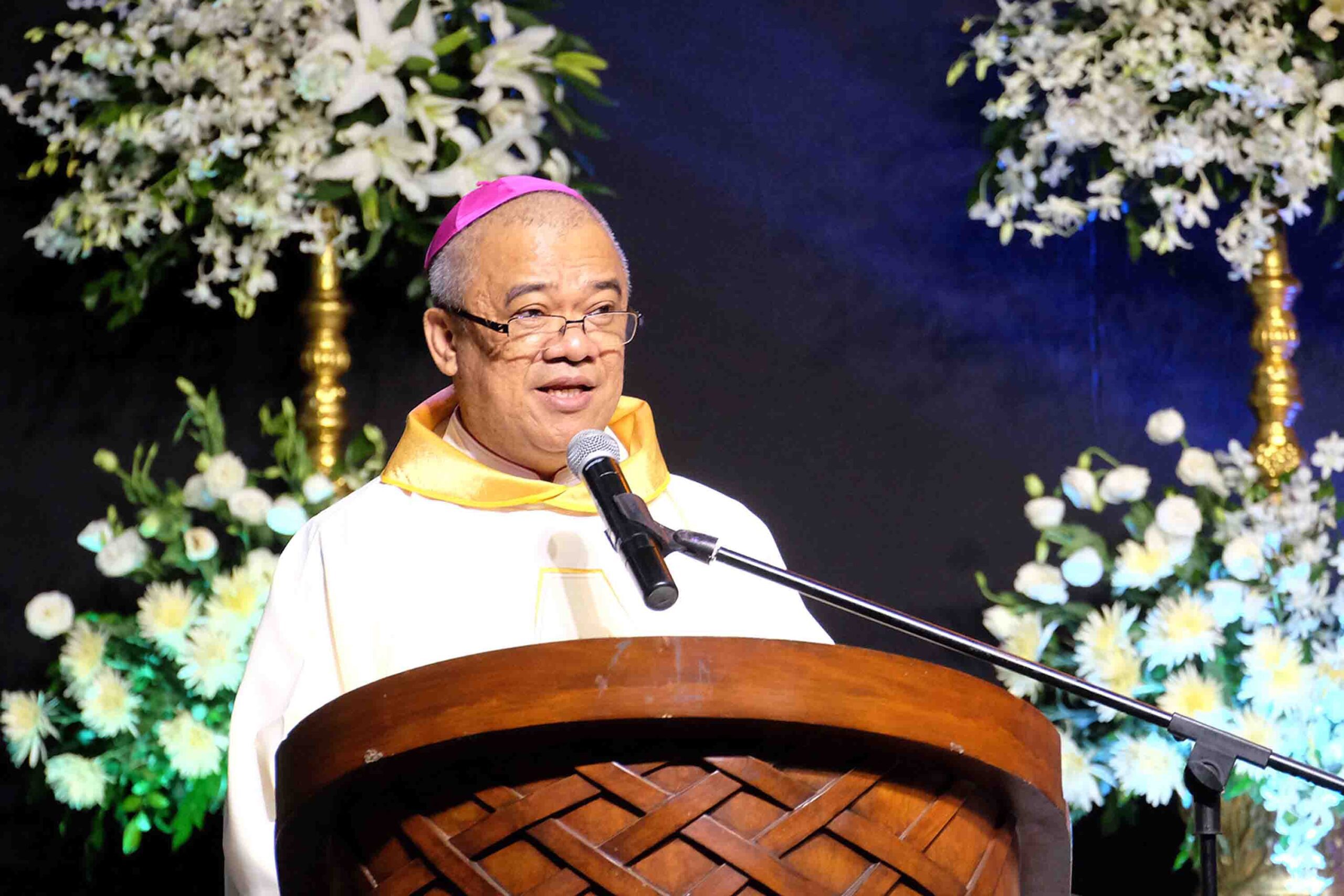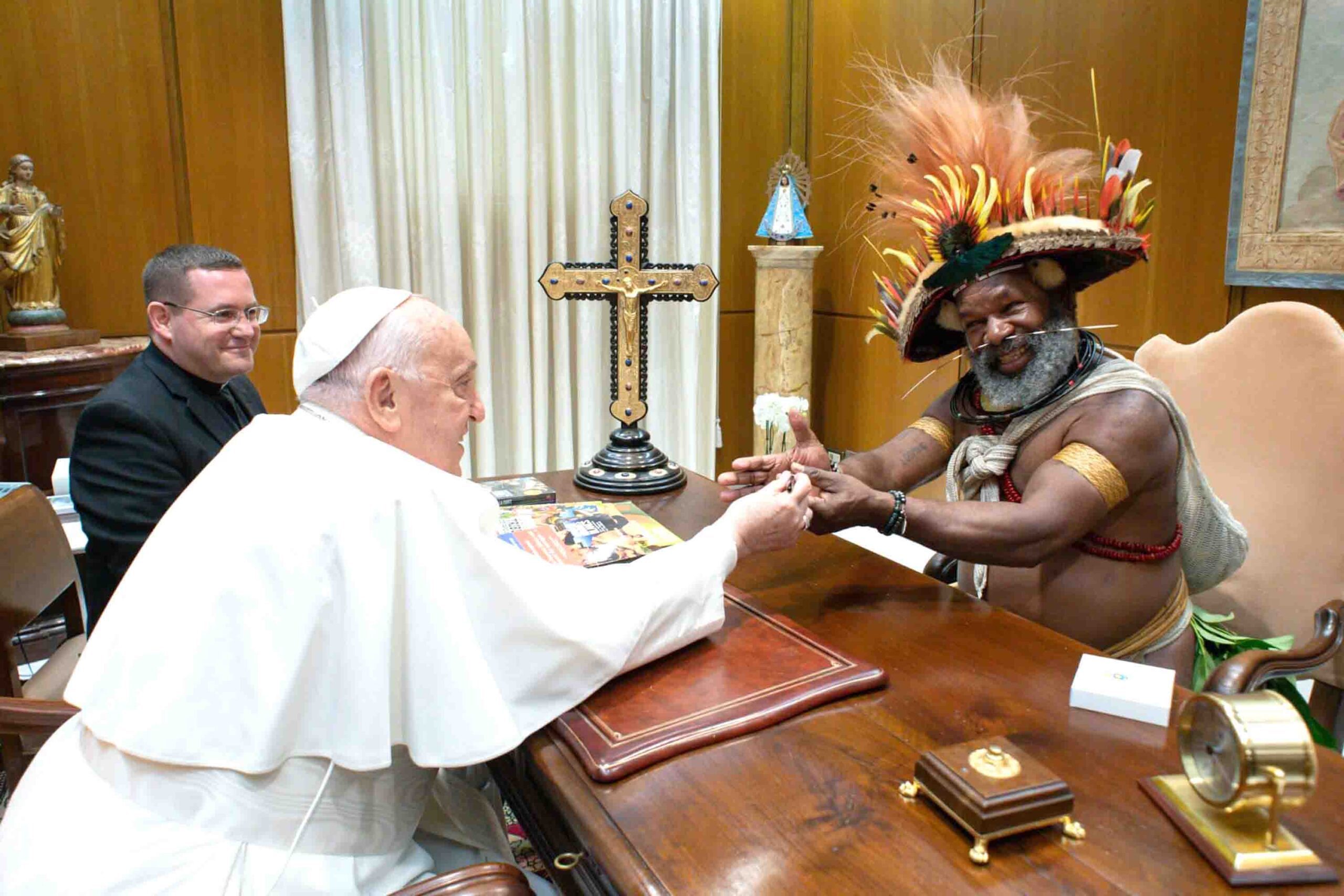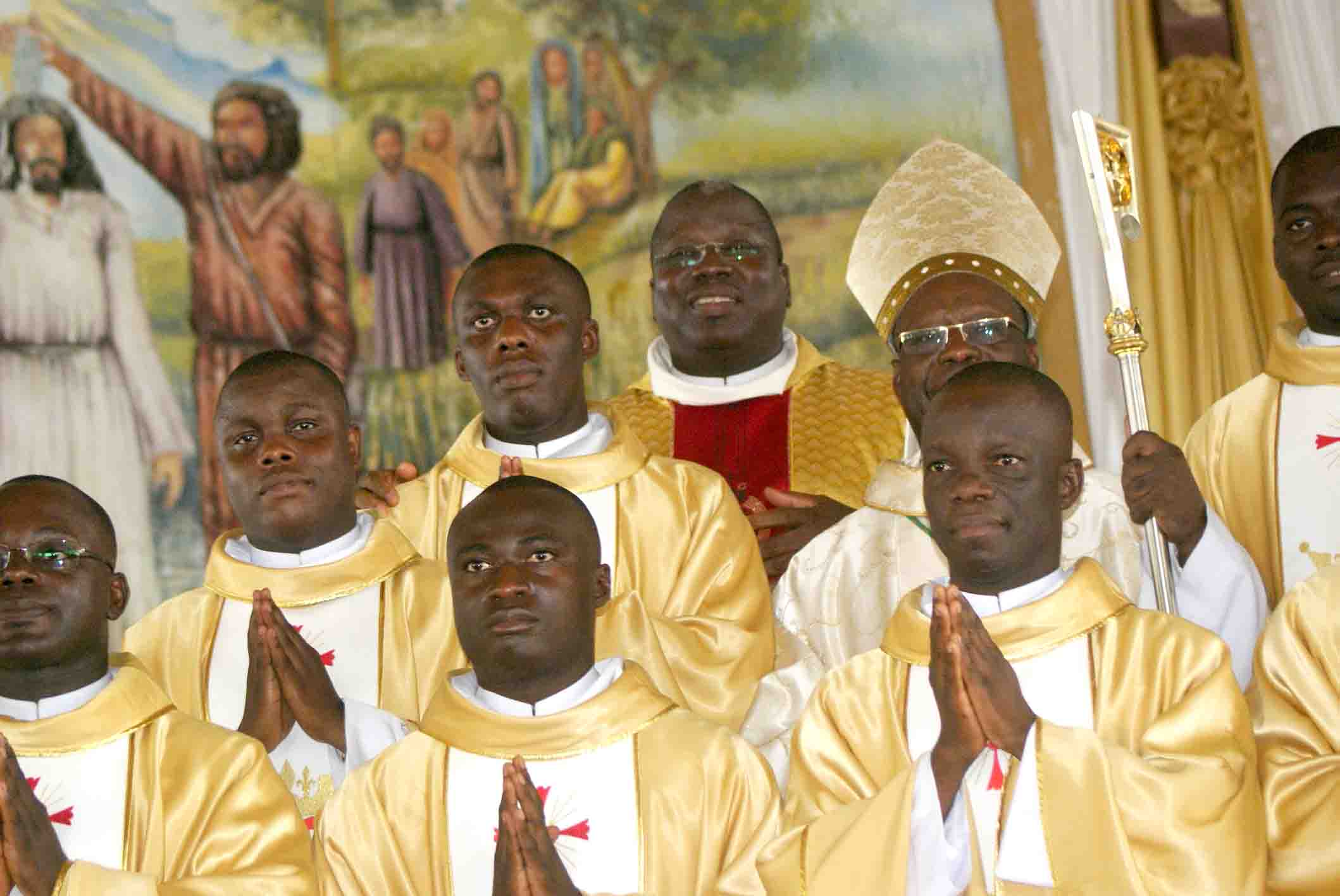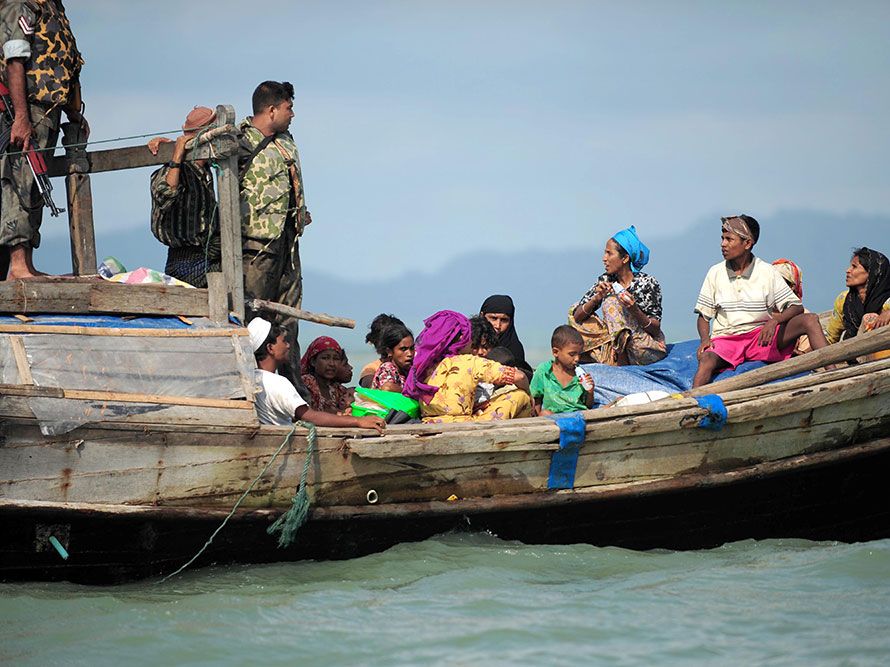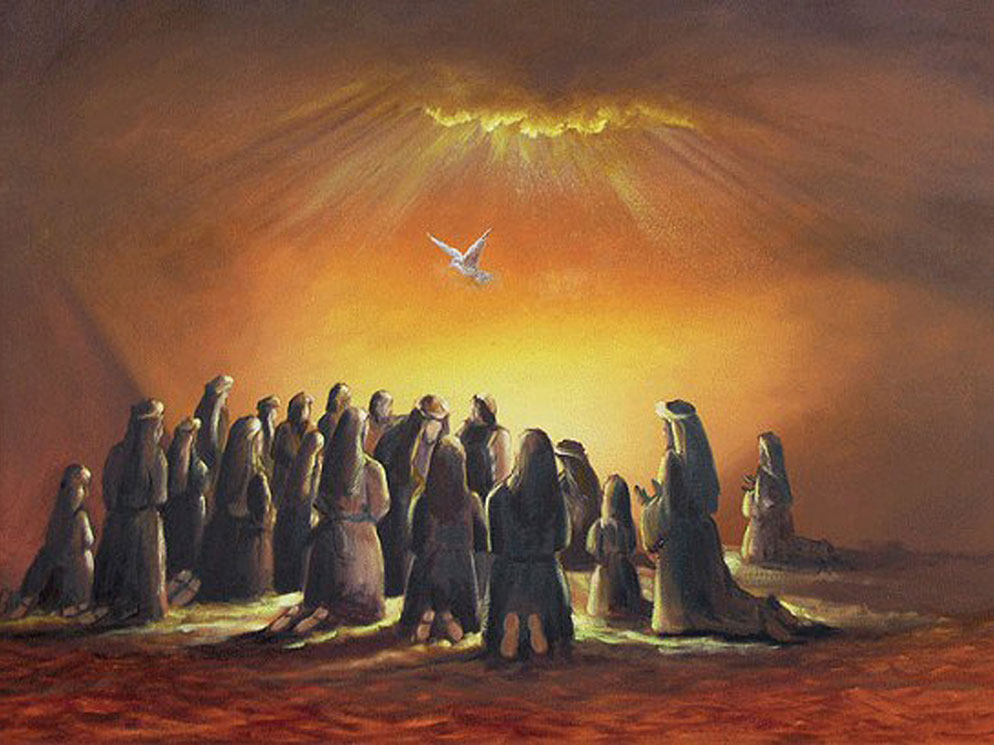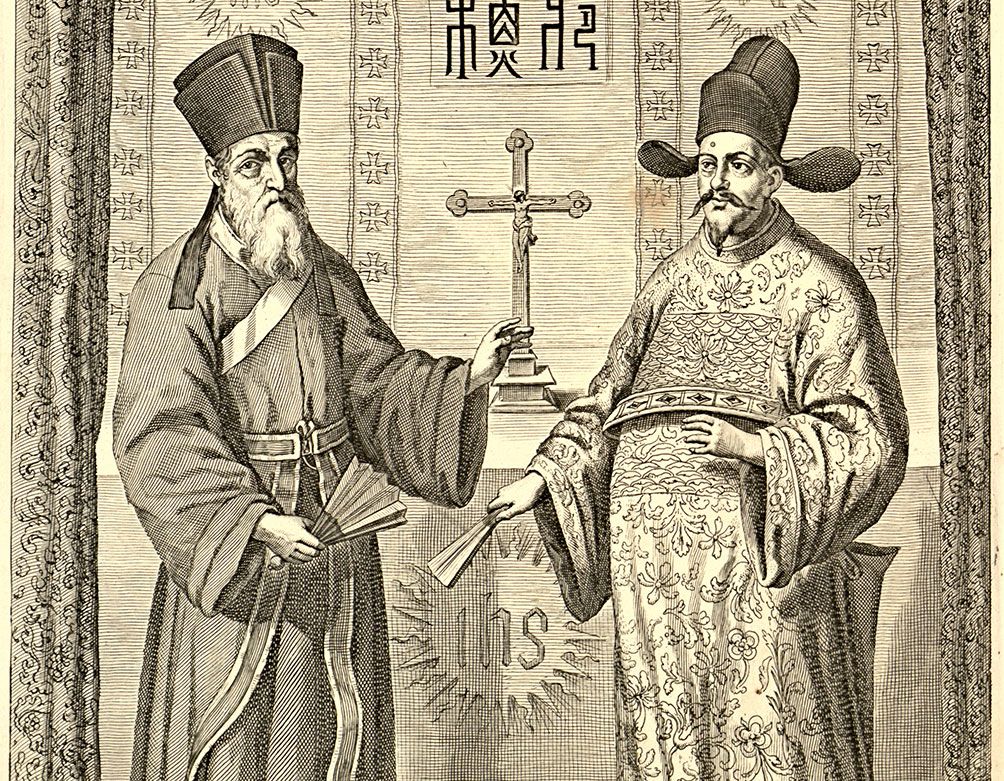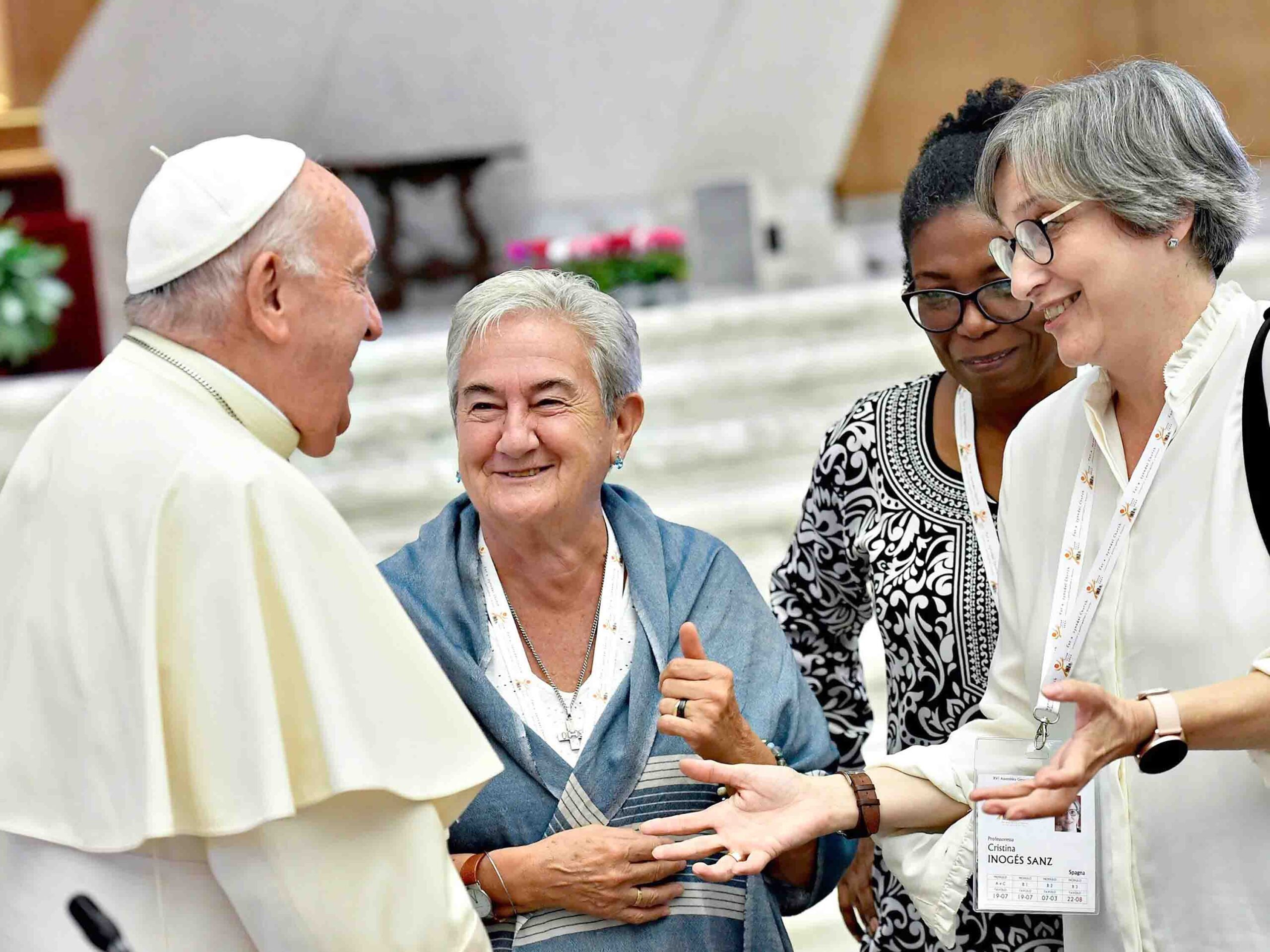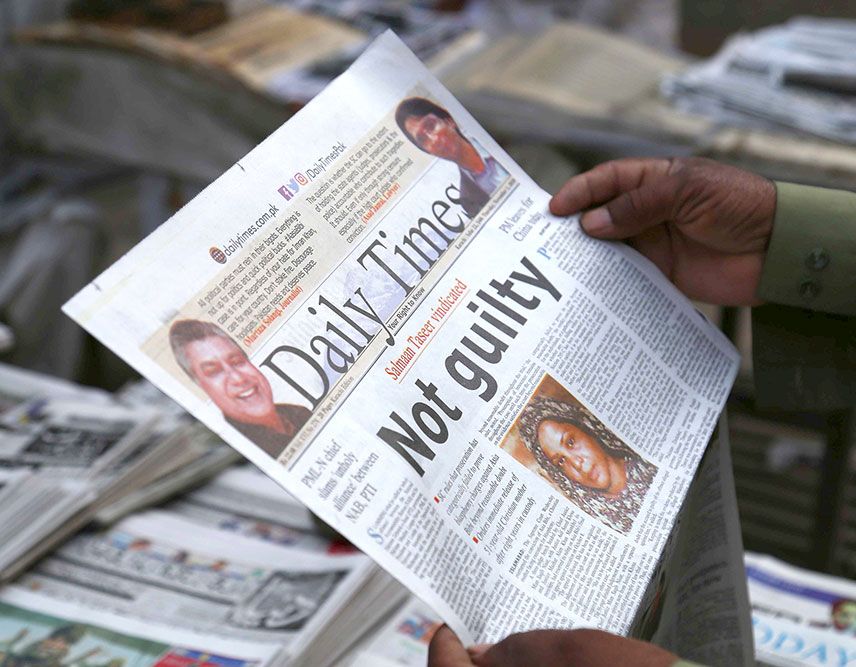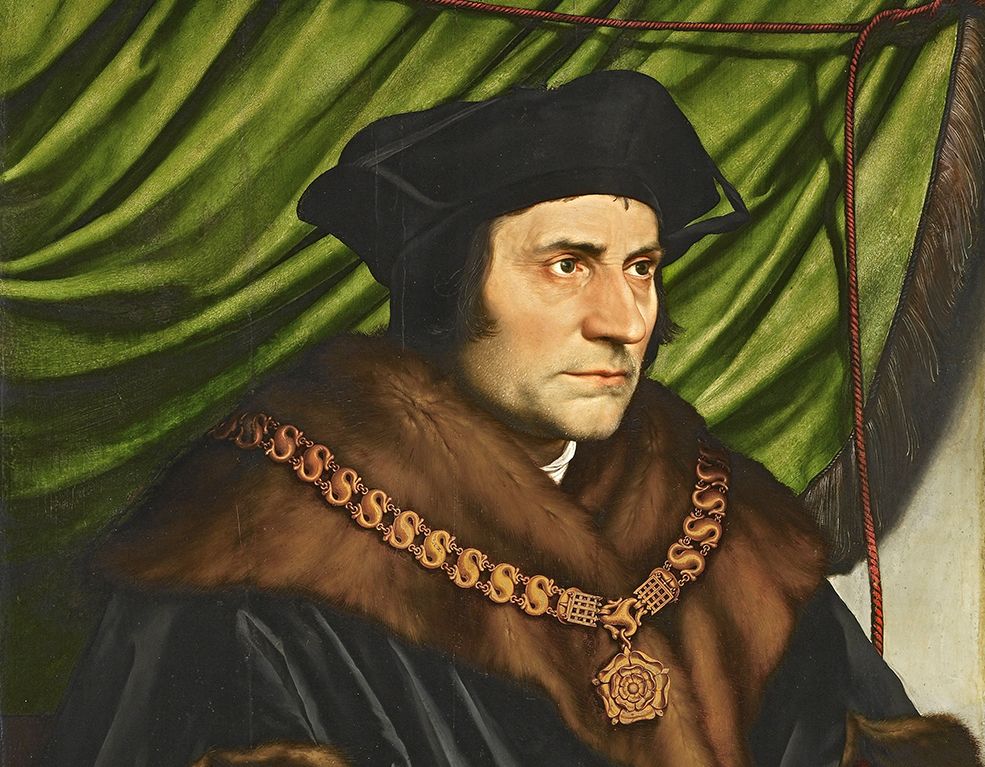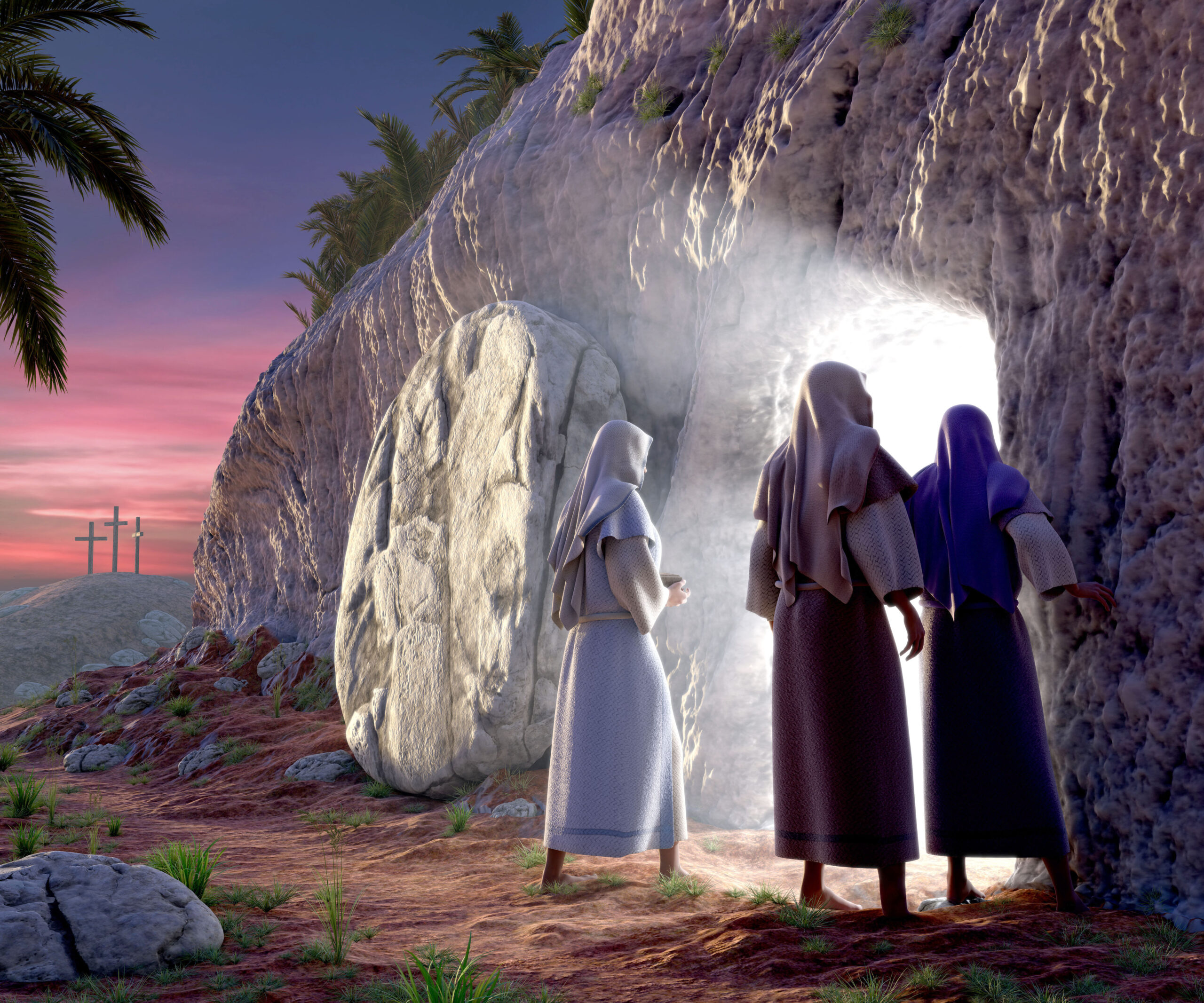Why a Fossil Fuels Non-Proliferation Treaty?
To address the climate emergency, The Intergovernmental Panel on Climate Change (IPCC) confirms that the world must halve its emissions by 2030 to reach 1.5°C. The International Energy Agency has clarified that fossil fuel expansion is unnecessary and incompatible with the 1.5°C target. A recent study published in Nature found that to have a 50 percent chance of meeting the 1.5°C target, “nearly 60 percent of fossil oil and methane gas, and 90 percent of coal should not be extracted.” Despite the evidence, governments worldwide still plan to produce more than twice the amount of coal, oil, and gas, consistent with a 1.5°C world, according to the Production Gaps Report. International cooperation in addressing the primary source of carbon dioxide emissions, fossil fuel extraction, can ensure a more equitable “transition away” from coal, oil, and gas globally.
What is the Fossil Fuels Non-Proliferation Treaty?
The Fossil Fuels Non-Proliferation Treaty Initiative strives for an international regime that complements the Paris Agreement by addressing the supply side of fossil fuels. Lessons learned from other successful global campaigns for international agreements-including the Treaty on the Prohibition of Nuclear Weapons, the Landmine Ban Treaty, and the Montreal Protocol-offer a model for the path to a Fossil Fuels Treaty. A treaty does not need to be universal to be effective. A grouping of ‘driver’ countries, including those most vulnerable to climate change, non-producers, and small and medium-sized producers, can exert significant influence by generating collaboration between consumer and producer countries to slow down production. They can also create new international legal standards and change the rules that flow down to the financial sector, subnational governments, and national policy-making. A Fossil Fuels Non-Proliferation Treaty will catalyze the phase-out of fossil fuels while ensuring a just global transition for workers, communities, and countries.
Is the Fossil Fuels Non-Proliferation Treaty Gaining Support?
The proposal for an FFNPT has gained significant momentum, with its three pillars: non-proliferation, global phase-out of existing production, and support for an equitable and just transition. The development of the principles of an FFNPT can contribute to overcoming “the technocratic paradigm underlying the current process of environmental decay,” with its logic of “infinite or unlimited growth” (Laudate Deum, n. 20) for which the world around us is “an object of exploitation, unbridled use, and unlimited ambition” (Laudate Deum, n. 25).
Since 2021, every year, more voices have joined this call for a pathway for international cooperation to stop our dependence on fossil fuels and accelerate the just energy transition. It is currently supported by 101 Nobel Laureates, more than 3,000 scientists and academics, more than 1,750 civil society organizations, more than 500 elected members of Congress from 61 countries, and more than 100 cities or sub-national governments worldwide, including Sydney, Los Angeles, Barcelona, London, Rome, Lima, and Hawaii. From its sphere of action, the World Health Organization also adhered to a letter signed by 200 health organizations and more than 2,000 health professionals worldwide.
Are the Churches supporting the Treaty?
It is worth noting that the Vatican Dicastery for Promoting Human Integral Development, in the voice of Cardinal Michael Czerny, announced its endorsement of the proposal on 21 July 2022: a “Fossil-Fuels Non-Proliferation Treaty gives great hope for integrating and strengthening the Paris Agreement.” Later, in November 2022, faith leaders and institutions of various religions representing 1.5 billion people wrote the Faith Letter, which calls on governments to develop and implement a Fossil Fuel Non-Proliferation Treaty.
So far, more than 250 Catholic Church institutions have endorsed the letter, among them the Latin American and Caribbean Episcopal Council (CELAM), the Symposium of Episcopal Conferences of Africa and Madagascar (SECAM), the Federation of Asian Catholic Bishops (FACB), the Catholic Agency for Overseas Development (CAFOD), the Catholic Climate Covenant, and Scottish Catholic International Aid Fund (SCIAF).
At the opening session of COP 28 in Dubai (2 December 2023), Pope Francis noted: “May this COP prove to be a turning point, demonstrating a clear and tangible political will that can lead to a decisive acceleration of ecological transition through means that meet three requirements: they must be “efficient, obligatory and readily monitored” (Laudate Deum, n. 59). And achieved in four sectors: energy efficiency; renewable sources; the elimination of fossil fuels; and education in lifestyles that are less dependent on the latter.”
Somehow, the demand to phase out fossil fuels was heard. So far, thirteen countries have called for the Treaty at the United Nations. Besides, more than 120 countries called for a “transition away from fossil fuels” in the summit’s outcome document (the Global Stocktake) for the first time.
However, the demand was insufficient, as it falls short in asking for phasing out fossil fuels only in energy systems and is expressed as an à la carte menu. That is to say, oil can continue to be extracted and used according to demand. Nonetheless, “we are confident in the capacity of human beings to transcend their petty interests and to think in bigger terms.” (Laudate Deum, n. 54).
The FFNPT would help to promote an international framework that recognizes economic measures to keep oil and coal reserves in the ground, unite leaders on a profoundly inequitable global problem, ensure that the transition is done fairly according to international standards, obtain support from rich countries to make the energy transition, diversify its productive basket away from dependence on coal and oil revenues, and generate international and national attention and publicity for greater leadership on the issue.
What is missing for the acceptance of the FFNPT?
We are at a critical moment when we all have a role to play in addressing the climate crisis and realizing a more just future. We need international cooperation to explicitly halt the expansion of fossil fuels and manage a global, just transition away from coal, oil, and gas–a transition that is swift and just so that no worker, community, or country is left behind.
We recognize that “the creation waits with eager longing for the revealing of the children of God … in the hope that the creation itself will be set free from its bondage to decay” (Romans 8:19-20) and because “we know the whole creation has been groaning in labor pains until now” (Romans 8:22), in this Season of Creation, we are called to take action by endorsing the Faith Letter, which calls on our governments to develop and implement an FFNPT. Published in fossilfueltreaty.org

